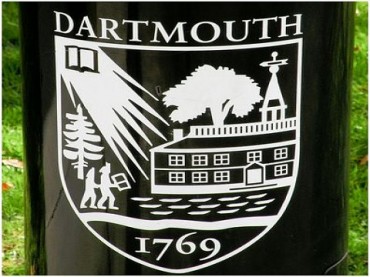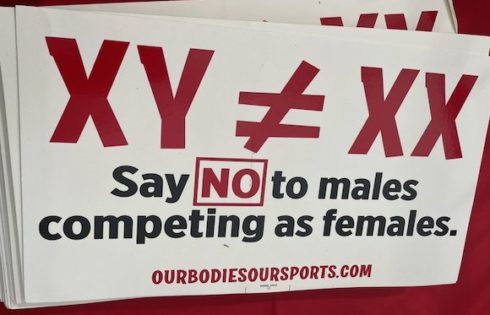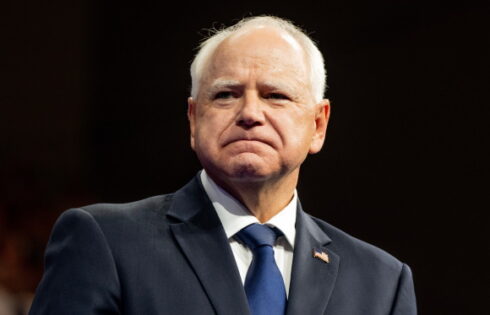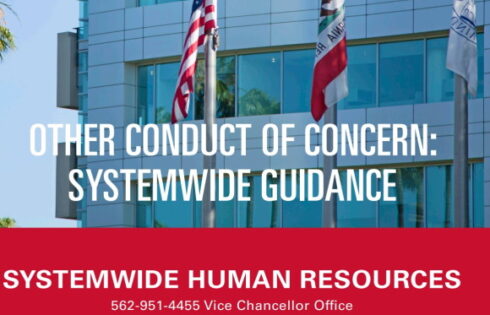
Dartmouth is the latest higher ed entity to engage in the groveling affair where academics lament the “lack of diversity” at their institution.
The Dartmouth gathering, hosted by the school’s chapter of the NAACP, “was held in an effort to increase the level of transparency of recruitment and retention processes and generate campus discussion on the nature of faculty diversity at the College.”
Vice President of Institutional Diversity and Equity Evelynn Ellis told the audience that “a lack of faculty diversity at a higher-education institution will not effectively prepare students for the diversity they will face in professional world.”
“I think the general student body needs to get more interested in this,” Ellis said.
According to the 2014 Dartmouth College Fact Book, 82 percent of College faculty members are white, while two percent are black or African American, five percent are Asian, five percent are Hispanic or Latino, three percent are international and one percent is American Indian/Alaska Native. Fifty-nine percent of faculty members are male and 41 percent are female.
Dartmouth NAACP chapter president Kevin Gillespie ’15 said that a “mass exodus” of faculty of color has occurred in the past few years, a sentiment echoed by panelists. English professor Aimee Bahng, one of the panelists, noted that the African and African American studies program recently lost its chair.
Gillespie commented that the organizing committee aimed to feature professors from a wide array of departments, as well as administrative staff, all of whom are committed to increasing diversity and support for underrepresented groups on campus.
The article continues with the usual litany of complaints and concerns that virtually every university offers up about (lack of) diversity, but also features — as references to the subject inevitably do — the Catch-22:
Tramon McZeal Jr. ’16, who was featured in the video, said, “I know that some of my most valuable experiences with professors have been [with] professors that look like me, professors that talk like me, professors that act like me.”
Did Mr. McZeal not hear Ms. Ellis’ words above? Students need to be exposed to different faces and voices in order to succeed beyond college. How could (some of) his most valuable experiences be those which occurred with educators … from a similar background?
Perhaps McZeal’s comfort level would be higher at a Historically Black College (HBC) feeling as he does. On second thought, then he would be surrounded by folks who look like him — he wouldn’t benefit from diversity!
Make sense yet?
Like The College Fix on Facebook / Follow us on Twitter
IMAGE: Matthew D. Britt/Flickr






Please join the conversation about our stories on Facebook, Twitter, Instagram, Reddit, MeWe, Rumble, Gab, Minds and Gettr.